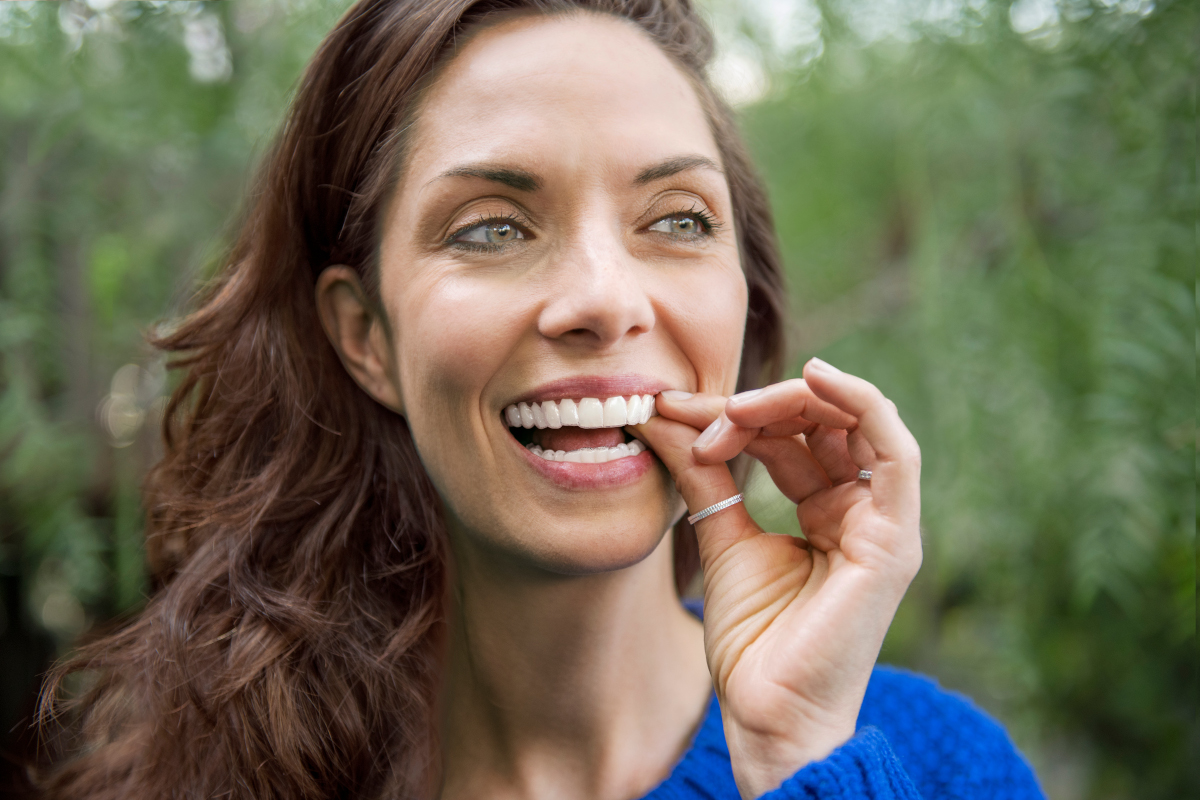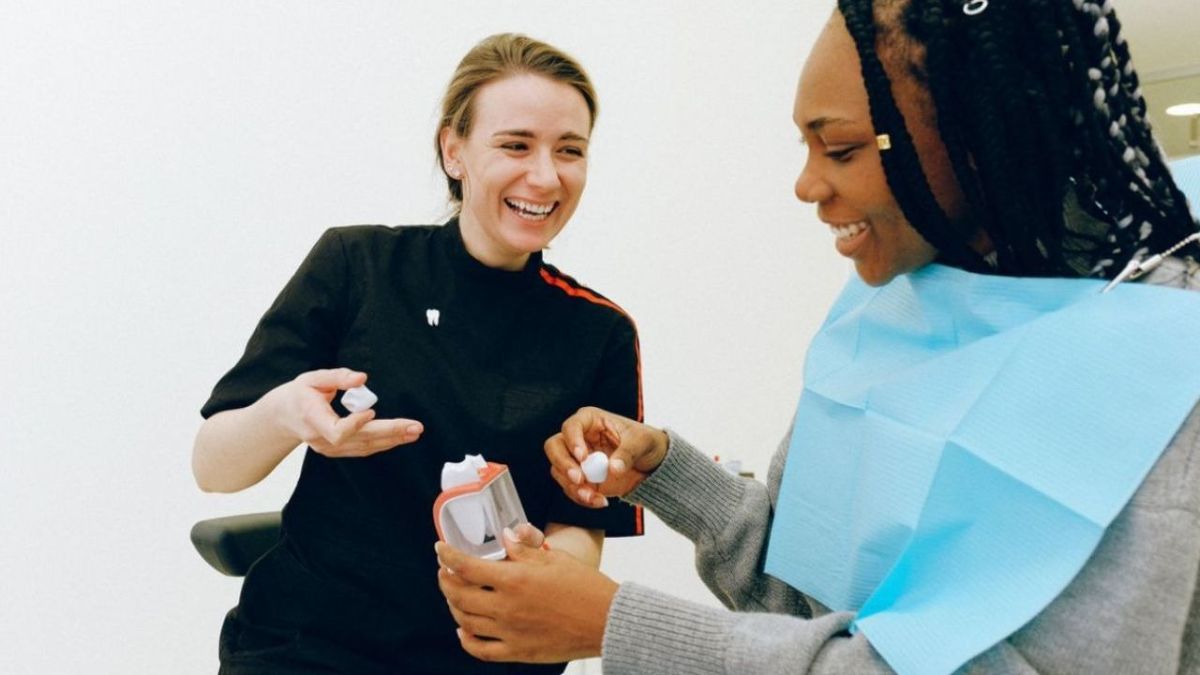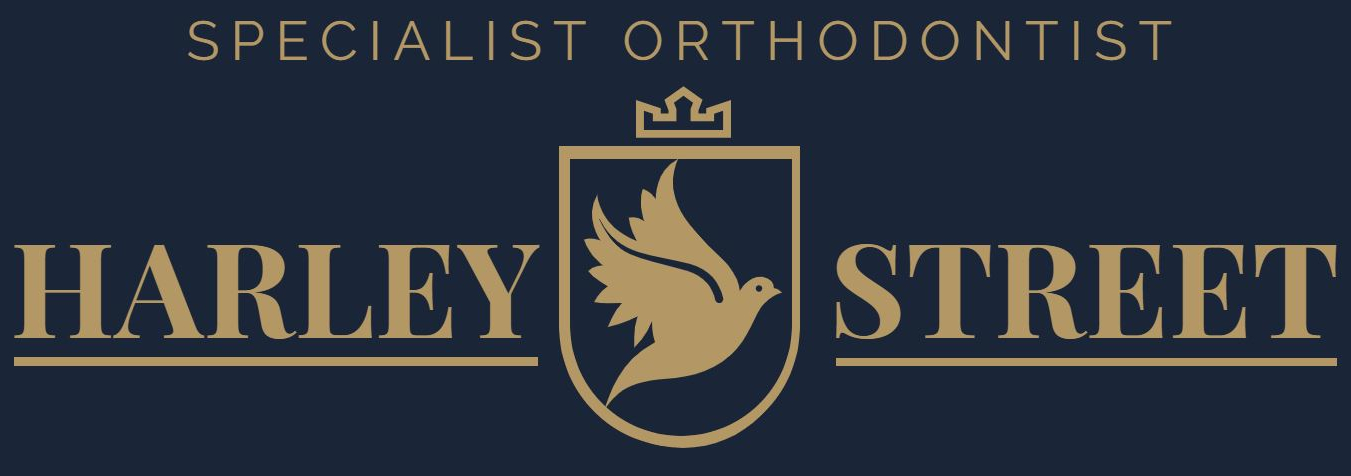The team at Specialist Orthodontist Harley Street would like to wish you a Merry Christmas and Happy New Year. We hope that this Christmas period grants you joy, happiness and comfort as we draw a close to this eventful year.
Welcome to our December 2020 Newsletter. Christmas is a time where many of us enjoy good food, but this can make maintaining our dental health harder, which is why this month we suggest some teeth tips for Christmas. Additionally, you can find out more about cross bites, and read our latest blogs.

Our Orthodontic Helpline is Still Open
If you require emergency orthodontic support, our orthodontic helpline is still open. You can reach our orthodontic helpline by calling 073 6835 8296.
Invisalign Day
January 23rd is our special Invisalign day at Specialist Orthodontist Harley Street. On this day we'll be offering £199 off Invisalign Treatment. Get a head start for the new year and book yourself an appointment for the event today.
Christmas Teeth Tips
Many of us find it difficult to maintain good teeth health around Christmas time. From wrapping gifts to casual snacking, our teeth can go through a lot during this holiday period.
In preparation for this, we've provided 4 tips to help you get through the holiday season whilst still maintaining your new year smile.
- Don't Mix Tape With Teeth
- Keep Drinking Water
- Be Careful With Candy
- Don't Forget Your Routine
When wrapping multiple gifts, it can be tempting to use our teeth for cutting tape with speed, however, using teeth as an alternative to cutting tools can lead to chipping or breaking your pearly whites.
With the variety of different foods and drinks making contact with our teeth, it can be great practice to make sure to regularly drink water. This ensures that our teeth are regularly cleaned throughout the day by rinsing away food particles.

Be careful with how you eat candies with hard surfaces, instead of biting down on them with your teeth, let them dissolve in your mouth.
It can be easy to forget to do our dental routine after celebrating into the night, one time forgetting to brush your teeth won't cause much harm, but if it becomes a regular occurrence your oral health can deteriorate.
What is a 'Cross Bite'
A 'Cross Bite' is a malocclusion which involves the top and bottom teeth not coming together properly. This can be caused by either the position in the mouth, the jaws resting position, or by a combination of both.
A crossbite can have significant negative effects on your mouth, not only can it cause pain when chewing food, but your gums can start to recede. It can also cause tooth decay, sleep apnea, headaches, muscle and jaw discomfort and even TMJ (temporomandibular joint disorder).
There are two types of crossbites you can have; anterior and posterior. A posterior crossbite causes the bottom teeth at the back of your mouth to fit over the teeth in your top jaw. An anterior crossbite refers to the bottom teeth in the front of your mouth which fit over the teeth in your top jaw.

Treatments can last anytime from 18 months to 3 years, depending on your age and the severity of your crossbite. Commonly, when a crossbite is identified during childhood, treatment can begin at age 10, when the jaw is still developing.
Some of the most common treatments include traditional braces/headgear, retainers, removable palate expanders, and elastics that have been given by an orthodontist. Some adults with a more severe case could require surgery to correct their crossbite.
Do you have an orthodontic problem and are looking for a solution? Don't hesitate to contact us today to book your free orthodontic consultation.
Our Latest Blogs
Chipped Teeth: How Do They Happen?

Chipped teeth are a fairly common dental problem that patients can experience. Teeth can fracture for several reasons, depending on the patient and their oral health. Since enamel is the hardest substance in the body, equalling...
Bruxism: What is it and how does it affect me?

Teeth grinding, or ‘Bruxism’ is a very common dental problem that some people may suffer from. Most of us grind our teeth occasionally, but Bruxism specifically refers to continual and frequent grinding, commonly causing pain, sensitivity...


